Lung Cancer
How to submit an article:
- Registered users can submit any published journal article that has a unique DOI (Digital Object Identifier) name or link to Research Hub.
- For example, you can paste the full DOI link:
https://doi.org/10.1109/5.771073or just the DOI name:10.1109/5.771073into the field above and click submit. - The person who is first to submit a valid article to Research Hub will forever be credited for it, and every article submission earns you +6 Research Points.
Related Topics
Published research studies are articles that present the findings of original research that has undergone a peer-review process and has been made publicly available in scholarly journals, books or other media.
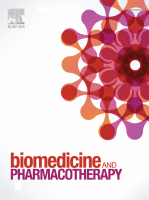
Total alkaloids in Stephania tetrandra induce apoptosis by regulating BBC3 in human non–small cell lung cancer cells
2023 Jun Biomedicine & Pharmacotherapy Li B, Chen J, He J, Peng J, Wang Y, Liu S, et al.
TAS and the main alkaloid components exert anticancer activity in NSCLC by regulating tumor cell proliferation and apoptosis. Therefore, TAS and the main alkaloid components have the potential to be used as multi-targeted drugs for lung cancer treatment.
Network Pharmacology Non-Small Cell Lung Cancer (NSCLC)
Carrot Intake and Risk of Developing Cancer: A Prospective Cohort Study
2023 Jan 29 Nutrients Deding U, Baatrup G, Kaalby L, Kobaek-Larsen M
Cohort Study Cancer Lung Cancer Falcarindiol Leukaemia Cancer Risk Falcarinol Adenocarcinoma CarrotRegular consumption of raw carrots is associated with a significant, dose-dependent reduction in lung cancer incidence, suggesting a potential cancer-protective effect attributed to polyacetylenic compounds, particularly falcarinol and falcarindiol, present in raw carrots.
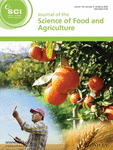
Carrot and carotene and multiple health outcomes: an umbrella review of the evidence
2023 Jan 17 Journal of the Science of Food and Agriculture Yi X, Li J, Liao D, Peng G, Zheng X, Xu H, et al.
Review Article Cataracts Carotene Lung Cancer Carrot Anticancer Stomach Cancer Breast Cancer Alzheimer's Disease Urothelial Cancer SunburnCarrot and carotene consumption could diminish the risk of a wide range of negative health consequences, including multiple types of cancer.
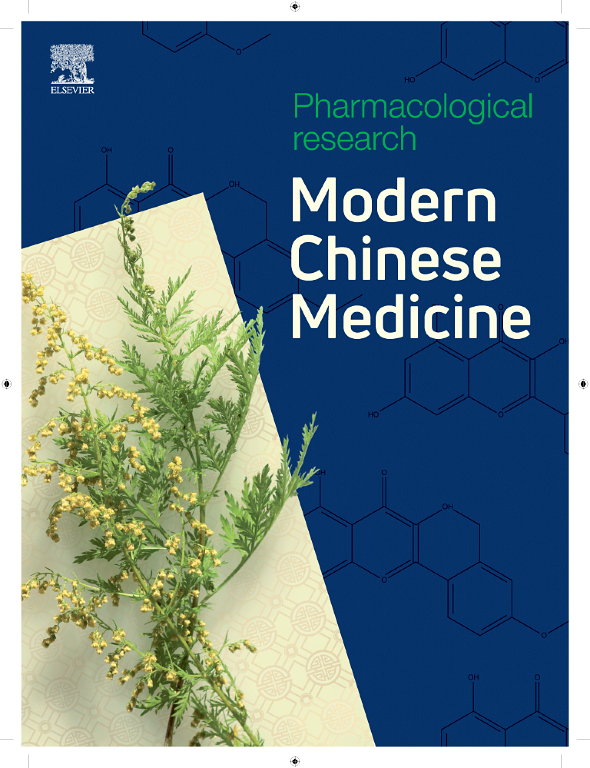
Potential therapeutic applications of eudesmin in medicine: An overview on medicinal importance, pharmacological activities and analytical prospects
2022 Dec Pharmacological Research - Modern Chinese Medicine Patel DK, Patel K
Present work revealed the pharmacological activities and analytical aspects of eudesmin. Presented scientific information revealed to the anti-inflammatory, anti-microbial, anti-tumor, cytotoxicity, anti-convulsant, sedative effect, insecticidal and α-glucosidase inhibitory activity of eudesmin. However eudesmin has therapeutic potential against allergic diseases, adipogenic differentiation, diabetic nephropathy, gastrointestinal motility, lung cancer, microbial transformation, neurite outgrowth, and vascular relaxation.
Review Article Eudesmin
A Chinese classical prescription Qianjinweijing Decoction in treatment of lung cancer: An overview
2022 Dec Biomedicine & Pharmacotherapy Liu PY, Zhao QY, Xu Y, Ye JX, Tan JR, Hou J, et al.
QJWJ has the effects of clearing lung and reducing phlegm, removing pus by blood stasis, and is a representative formula for the treatment of lung cancer. Both experimental and clinical studies have confirmed that this prescription has good effect and broad prospects in the treatment of lung cancer, but there are still shortcomings, such as insufficient research on pharmacodynamics and pharmacological mechanism, lack of sufficient persuasion and theoretical basis.
Review Article Qian Jin Wei Jing Cancer Treatment SupportResearch insights are moderated by the Research Hub team and offer an at-a-glance overview of interesting research findings.

2023 Nutrients
Regular consumption of raw carrots is associated with a significant, dose-dependent reduction in lung cancer incidence, suggesting a potential cancer-protective effect attributed to polyacetylenic compounds, particularly falcarinol and falcarindiol, present in raw carrots.
Cohort Study Adenocarcinoma Cancer Cancer Risk Carrot Falcarindiol
Carrot Intake and Risk of Developing Cancer: A Prospective Cohort Study
Deding U, Baatrup G, Kaalby L, Kobaek-Larsen M

2023 Journal of the Science of Food and Agriculture
Carrot and carotene consumption could diminish the risk of a wide range of negative health consequences, including multiple types of cancer.
Review Article Alzheimer's Disease Anticancer Breast Cancer Carotene Carrot
Carrot and carotene and multiple health outcomes: an umbrella review of the evidence
Yi X, Li J, Liao D, Peng G, Zheng X, Xu H, et al.
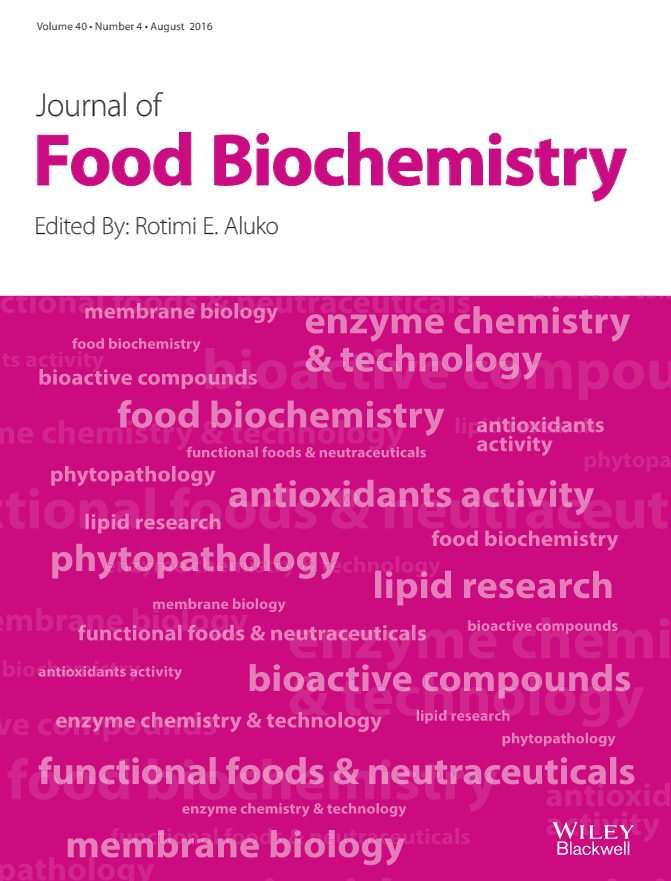
2021 Journal of Food Biochemistry
Pomegranate demonstrates anti-proliferative, anti-oxidant, anti-inflammatory properties that can effectively control the progression of various respiratory diseases.
Review Article COPD Pomegranate
Therapeutic properties of
Punica
granatum
L (pomegranate) and its applications in lung‐based diseases: A detailed review
Shaikh SB, Bhandary YP
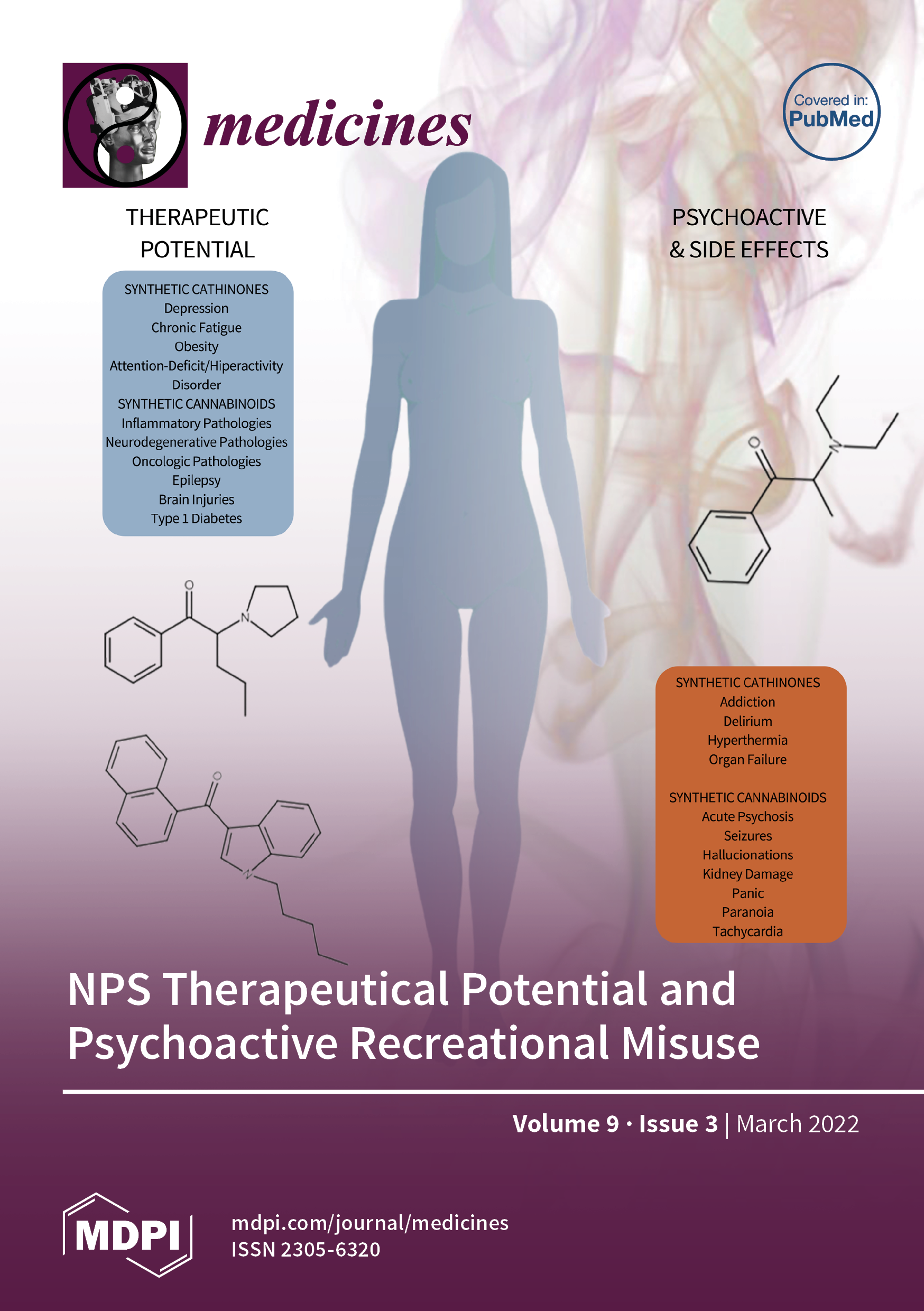
2020 Medicines
Pomegranate juice increases the effectiveness of lung cancer treatment with the low dose chemotherapy drug Cisplatin, while simultaneously reducing its toxicity on normal cells.
Experimental Study Chemotherapy Pomegranate
Pomegranate Juice Extract Decreases Cisplatin Toxicity on Peripheral Blood Mononuclear Cells
Nasser M, Damaj Z, Hijazi A, Merah O, Al-Khatib B, Hijazi N, et al.
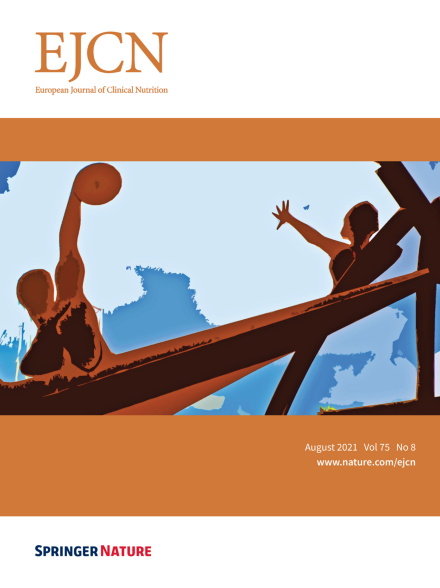
2020 European Journal of Clinical Nutrition
The literature overall supports an inverse association between green tea and cardiovascular disease-related health outcomes, while the included meta-analyses generally suggested an inverse association between green tea and BMI-related and blood pressure outcomes.
Systematic Review Cancer Cardiovascular Disease Endometrial Cancer Green Tea High Blood Pressure
Green tea and cancer and cardiometabolic diseases: a review of the current epidemiological evidence
Abe SK, Inoue M
Review Articles
Review articles summarise and critically evaluate the current state of research on a specific topic or field by synthesising multiple primary research studies.

Carrot and carotene and multiple health outcomes: an umbrella review of the evidence
2023 Jan 17 Journal of the Science of Food and Agriculture Yi X, Li J, Liao D, Peng G, Zheng X, Xu H, et al.
Review Article Cataracts Carotene Lung Cancer Carrot Anticancer Stomach Cancer Breast Cancer Alzheimer's Disease Urothelial Cancer SunburnCarrot and carotene consumption could diminish the risk of a wide range of negative health consequences, including multiple types of cancer.

Potential therapeutic applications of eudesmin in medicine: An overview on medicinal importance, pharmacological activities and analytical prospects
2022 Dec Pharmacological Research - Modern Chinese Medicine Patel DK, Patel K
Present work revealed the pharmacological activities and analytical aspects of eudesmin. Presented scientific information revealed to the anti-inflammatory, anti-microbial, anti-tumor, cytotoxicity, anti-convulsant, sedative effect, insecticidal and α-glucosidase inhibitory activity of eudesmin. However eudesmin has therapeutic potential against allergic diseases, adipogenic differentiation, diabetic nephropathy, gastrointestinal motility, lung cancer, microbial transformation, neurite outgrowth, and vascular relaxation.
Review Article Eudesmin
A Chinese classical prescription Qianjinweijing Decoction in treatment of lung cancer: An overview
2022 Dec Biomedicine & Pharmacotherapy Liu PY, Zhao QY, Xu Y, Ye JX, Tan JR, Hou J, et al.
QJWJ has the effects of clearing lung and reducing phlegm, removing pus by blood stasis, and is a representative formula for the treatment of lung cancer. Both experimental and clinical studies have confirmed that this prescription has good effect and broad prospects in the treatment of lung cancer, but there are still shortcomings, such as insufficient research on pharmacodynamics and pharmacological mechanism, lack of sufficient persuasion and theoretical basis.
Review Article Qian Jin Wei Jing Cancer Treatment Support
Kanglaite (Coix Seed Extract) as Adjunctive Therapy in Cancer: Evidence Mapping Overview Based on Systematic Reviews With Meta-Analyses
2022 Aug 12 Frontiers in Pharmacology Lu C, Wu S, Ke L, Liu F, Shang W, Deng X, et al.
Current evidence reveals that KLT is effective and safe as an adjunctive treatment for non-small cell lung cancer, malignant pleural effusion, and digestive system malignancies (such as hepatocellular carcinoma). However, the results assessed in this overview should be further verified using well-designed and clearly reported clinical trials and meta-analyses of KLT.
Systematic Review Cancer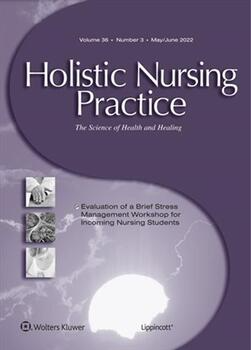
Auricular Acupressure for Improving Sleep Quality in Patients With Lung Cancer
2022 Jul Holistic Nursing Practice Lu HB, Ma RC, Yin YY, Song CY, Yang TT, Xie J
Our review suggests that auricular acupressure is effective and relatively safe in improving sleep quality among patients with lung cancer.
Systematic Review Meta-Analysis Ear AcupunctureClinical Trials
Clinical trials are research studies that involve people and are conducted to evaluate the safety and efficacy of new treatments or interventions, such as drugs, medical devices, or behavioural therapies.
Study Protocols
Published study protocols are detailed plans that outline the objectives, methodology, statistical analyses, and organisation of a research study that have been made publicly available for others to review and use as a reference.
Presentation Slides

Cohort Study
Regular consumption of raw carrots is associated with a significant, dose-dependent reduction in lung cancer incidence, suggesting a potential cancer-protective effect attributed to polyacetylenic compounds, particularly falcarinol and falcarindiol, present in raw carrots.
Deding U, Baatrup G, Kaalby L, Kobaek-Larsen M

Review Article
Carrot and carotene consumption could diminish the risk of a wide range of negative health consequences, including multiple types of cancer.
Yi X, Li J, Liao D, Peng G, Zheng X, Xu H, Zhang T, Ai J

Review Article
Pomegranate demonstrates anti-proliferative, anti-oxidant, anti-inflammatory properties that can effectively control the progression of various respiratory diseases.
Shaikh SB, Bhandary YP

Experimental Study
Pomegranate juice increases the effectiveness of lung cancer treatment with the low dose chemotherapy drug Cisplatin, while simultaneously reducing its toxicity on normal cells.
Nasser M, Damaj Z, Hijazi A, Merah O, Al-Khatib B, Hijazi N, Trabolsi C, Damaj R, Nasser M

Systematic Review
The literature overall supports an inverse association between green tea and cardiovascular disease-related health outcomes, while the included meta-analyses generally suggested an inverse association between green tea and BMI-related and blood pressure outcomes.
Abe SK, Inoue M
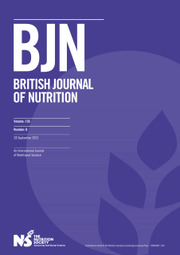
Systematic Review
Higher carrot consumption is associated with a lower risk of developing lung cancer, particularly adenocarcinoma.
Xu H, Jiang H, Yang W, Song F, Yan S, Wang C, Fu W, Li H, Lyu C, Gan Y, Lu Z
Executive Summary
Write an executive summary in the form of a blog article on the topic of "Research into Chinese medicine treatment for Lung Cancer" summarising the research below and using language that can be easily understood by patients and avoiding medical jargon using a professional and caring tone of voice.
Write an executive summary in the form of a blog article on the topic of "Researched Chinese medicine treatments for Lung Cancer" summarising the research below in an objective and easy to understand way, and using language that can be easily understood by patients. Group the article into Chinese medicine treatments first, followed by nutrition and other treatments. Avoid using medical jargon and use a professional and caring tone of voice.
Write me a concise but easy to understand executive summary on the topic of "Chinese medicine treatments for Lung Cancer" based on the following research that I will give you. Your summary should be 2 paragraphs long in Australian English spelling and include references to the studies.
A Cohort Study published in 2023 in the journal Nutrients found that Regular consumption of raw carrots is associated with a significant, dose-dependent reduction in lung cancer incidence, suggesting a potential cancer-protective effect attributed to polyacetylenic compounds, particularly falcarinol and falcarindiol, present in raw carrots. This research involved a long-term study of 55,756 Danish citizens over a period of more than 25 years. The focus was on investigating the relationship between regular consumption of raw carrots and the development of various cancers, predominantly adenocarcinomas and leukemia. The study assessed whether the frequency of carrot consumption influenced the incidence of lung, pancreatic, breast, prostate cancer, and leukemia. Additionally, it compared the effects of eating raw versus processed carrots. The study found that eating raw carrots regularly was associated with a reduced occurrence of lung cancer. This link was less clear for pancreatic cancer and non-existent for breast and prostate cancer. The research suggested that the cancer-preventive properties of raw carrots could be attributed to specific compounds, namely falcarinol and falcarindiol. These compounds are not present in cooked carrots. This significant finding points towards the potential of raw carrots in cancer prevention, particularly for lung cancer.
A Review Article published in 2023 in the journal Journal of the Science of Food and Agriculture found that Carrot and carotene consumption could diminish the risk of a wide range of negative health consequences, including multiple types of cancer. An umbrella review methodology was adopted to identify connections between carrot and carotene intake and various health outcomes. We turned to databases such as Web of Science, PubMed, and Embase to find the needed data. The analysis included the collected evidence from both interventional and observational studies that focused on carrots, carotene, and any related health impact. To estimate the summary effect size for each correlation, both random and fixed effects models were employed. The study reviewed a total of 1329 studies and utilized the data from 30 meta-analyses with 26 health outcomes that fit the eligibility requirements. These featured outcomes related to various types of cancer, fractures, age-related cataract, sunburn, and Alzheimer's disease. The associations were analyzed between the health outcomes and the intake of carrots, intake of carotene, and serum carotene levels.
A Review Article published in 2021 in the journal Journal of Food Biochemistry found that Pomegranate demonstrates anti-proliferative, anti-oxidant, anti-inflammatory properties that can effectively control the progression of various respiratory diseases. The research methodology involved both in vivo and in vitro studies to examine the potential effects of pomegranate fruit, juice, extract, peel powder, and oil on a variety of respiratory disorders such as asthma, lung cancer, and chronic obstructive pulmonary disease. The focus was to understand the properties of pomegranates that led to its anti-proliferative, anti-oxidant, anti-microbial, anti-inflammatory, anti-cancer, and anti-tumorigenic effects, and how these qualities could potentially attenuate these diseases through modulation of various signaling pathways. The discussion of results revealed that pomegranate was effective in controlling the progression of diverse respiratory diseases, suggesting it could be a key therapeutic target. These results not only demonstrated the potential medical benefits of pomegranate against lung-based diseases but also highlighted its possible role in influencing the lung fibrinolytic system. The findings from both preclinical and clinical studies underscored the influence of pomegranate in tackling lung diseases.
A Experimental Study published in 2020 in the journal Medicines found that Pomegranate juice increases the effectiveness of lung cancer treatment with the low dose chemotherapy drug Cisplatin, while simultaneously reducing its toxicity on normal cells. The study performed classical tests for initial phytochemical screening of the pomegranate extract, measuring both total phenolic and sugar contents. The antioxidant activity of the pomegranate juice was then evaluated using an accepted method for determining its ability to eliminate harmful oxidative molecules. The viability of lung cancer cells and normal blood cells, when treated with pomegranate and the Cisplatin, was gauged using a neutral red assay, a test that determines cell health by noting their capacity to incorporate neutral red dye. In the discussion of results, the findings highlighted the high density of antioxidant compounds (such as flavonoids, alkaloids, etc) in the pomegranate juice. The juice had strong oxidative molecule scavenging activity, indicating potential as an antioxidant treatment. Most notably, the combination of pomegranate juice with a low dose of Cisplatin significantly reduced the viability of lung cancer cells while enhancing that of normal blood cells when compared to treatment with just Cisplatin or pomegranate juice.
A Systematic Review published in 2020 in the journal European Journal of Clinical Nutrition found that The literature overall supports an inverse association between green tea and cardiovascular disease-related health outcomes, while the included meta-analyses generally suggested an inverse association between green tea and BMI-related and blood pressure outcomes. The evidence on green tea consumption and health outcomes presented in this review suggests green tea may be favorable for cardiovascular disease, particularly stroke, and certain cancers such as endometrial, esophageal, lung, non-Hodgkins lymphoma, oral, and ovarian cancer. More evidence is needed to assess the impact of green tea on breast, gastric, and liver cancer risk. Additional studies could also help clarify the suggested null association with certain cancer sites: colorectal, pancreatic, and prostate cancer. Possible minor adverse events on health from green tea consumption were reported in one study, however these must be interpreted cautiously within the study context and possible finer dose-response implications. The findings for green tea and diabetes risk were inconclusive. For BMI the current evidence suggests a possible weak association, while the evidence is stronger supporting a decrease in blood pressure from green tea. More studies investigating a possible association between green tea consumption and other health outcomes such as cognition, injuries, respiratory disease would be informative to more completely assess the impact of green tea on human health. In conclusion, our review suggests green tea may have health benefits especially for cardiovascular disease and certain cancer sites.
A Systematic Review published in 2019 in the journal British Journal of Nutrition found that Higher carrot consumption is associated with a lower risk of developing lung cancer, particularly adenocarcinoma. The researchers carried out a meta-analysis of both case-control and prospective cohort studies. They executed a thorough search of PubMed and Embase databases from inception until April 2018 without limiting language. The studies included in their analysis were ones that reported odds ratios or relative risk for lung cancer risk within the highest and lowest categories of carrot consumption. The analysis incorporated a total of eighteen eligible studies that encompassed 17 case-control studies and one cohort study, involving 202,969 individuals and 5,517 lung cancer patients. The meta-analysis of the combined eighteen studies showed a significant association between higher carrot consumption and reduced risk of lung cancer. Subgroup analysis for different types of lung cancer showed that this association was especially pronounced for adenocarcinoma. Despite testing the robustness of their results by excluding each study one by one, the fundamental result regarding the protective effect of carrot intake against lung cancer remained unchanged. The comprehensive synthesis of observational studies therefore suggested that higher carrot consumption might serve as a preventative measure against lung cancer, notably adenocarcinoma.
Moderation Tools
Topic
Sign In
Users not signed in are limited to viewing the 5 most recent items of content.